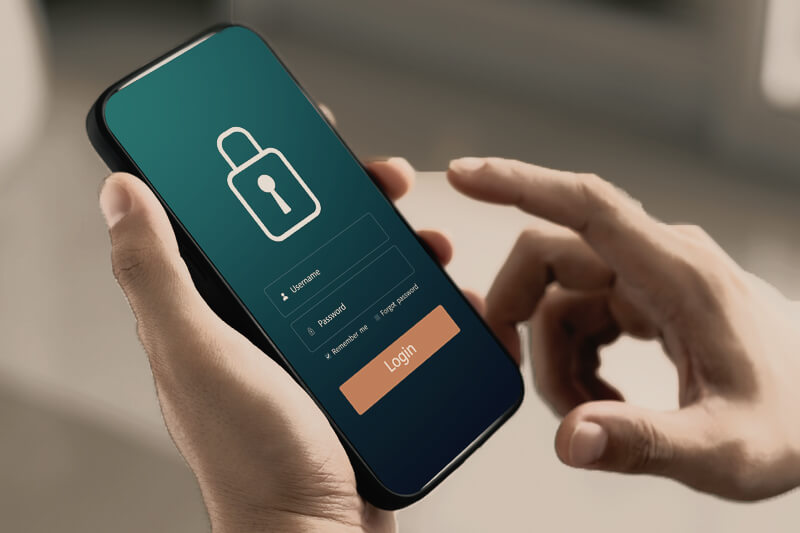Business Continuity in Retail: Strategies for Preparing for and Recovering from Cyber Incidents

In today's interconnected business environment, where retail transactions increasingly hinge on digital platforms, cyber incidents are not just a possibility — they are an inevitability. Therefore, having a robust business continuity plan (BCP) is critical for retailers to ensure seamless operations in the face of cyber incidents and expedite recovery.
Cyber incidents, such as data breaches or DDoS attacks, can disrupt normal business operations, affecting everything from inventory management to customer service. In worst-case scenarios, these disruptions can result in significant financial losses and lasting damage to a company's reputation.
However, with an effective business continuity plan, retailers can anticipate these incidents, mitigate their impact, and swiftly resume operations, ensuring minimal disruption to customer service and overall business performance.
Designing a robust business continuity plan involves four critical components:
Modern cybersecurity tools and services play a crucial role in both preparing for and recovering from cyber incidents. Advanced threat detection systems can help identify potential threats before they escalate into full-blown incidents. Automated backup and recovery tools ensure that your valuable data is safe and quickly restorable in the event of a breach.
Cybersecurity services such as those offered by guardlii can help your retail business develop a comprehensive business continuity plan tailored to your unique needs. With expertise in the retail sector and cutting-edge cybersecurity tools, guardlii ensures that your retail business can anticipate, withstand, and recover from cyber incidents swiftly and effectively.
Developing a business continuity plan is more than a best practice - it's a necessity for modern retailers navigating an increasingly digital, and therefore risky, landscape. By understanding potential threats, outlining detailed response and recovery strategies, and leveraging professional cybersecurity services, retailers can build resilience against cyber incidents.
Remember, business continuity is not just about surviving a crisis. It's about emerging stronger and more resilient, ready to face the future with confidence. And with guardlii by your side, that future is not just secure - it's promising.
Why is Business Continuity Crucial?
Cyber incidents, such as data breaches or DDoS attacks, can disrupt normal business operations, affecting everything from inventory management to customer service. In worst-case scenarios, these disruptions can result in significant financial losses and lasting damage to a company's reputation.
However, with an effective business continuity plan, retailers can anticipate these incidents, mitigate their impact, and swiftly resume operations, ensuring minimal disruption to customer service and overall business performance.
Key Components of a Business Continuity Plan
Designing a robust business continuity plan involves four critical components:
- Risk Assessment: Identifying potential cyber threats and analyzing their potential impact is the first step in creating an effective BCP. This risk assessment should include identifying key business processes, systems, and data that are vulnerable to cyberattacks.
- Incident Response Plan: A well-defined incident response plan should outline the steps to be taken in the event of a cyber incident. This includes identifying the incident, containing the threat, eradicating the cause, and recovering the affected systems and data.
- Recovery Strategies: A BCP should define clear recovery strategies, such as using backup systems or employing failover procedures to restore business operations as quickly as possible.
- Testing and Maintenance: Regularly testing and updating the BCP is crucial to ensuring its effectiveness. As cyber threats evolve, so should your plan.
The Role of Cybersecurity Tools and Services
Modern cybersecurity tools and services play a crucial role in both preparing for and recovering from cyber incidents. Advanced threat detection systems can help identify potential threats before they escalate into full-blown incidents. Automated backup and recovery tools ensure that your valuable data is safe and quickly restorable in the event of a breach.
Cybersecurity services such as those offered by guardlii can help your retail business develop a comprehensive business continuity plan tailored to your unique needs. With expertise in the retail sector and cutting-edge cybersecurity tools, guardlii ensures that your retail business can anticipate, withstand, and recover from cyber incidents swiftly and effectively.
The Road to Resilience
Developing a business continuity plan is more than a best practice - it's a necessity for modern retailers navigating an increasingly digital, and therefore risky, landscape. By understanding potential threats, outlining detailed response and recovery strategies, and leveraging professional cybersecurity services, retailers can build resilience against cyber incidents.
Remember, business continuity is not just about surviving a crisis. It's about emerging stronger and more resilient, ready to face the future with confidence. And with guardlii by your side, that future is not just secure - it's promising.